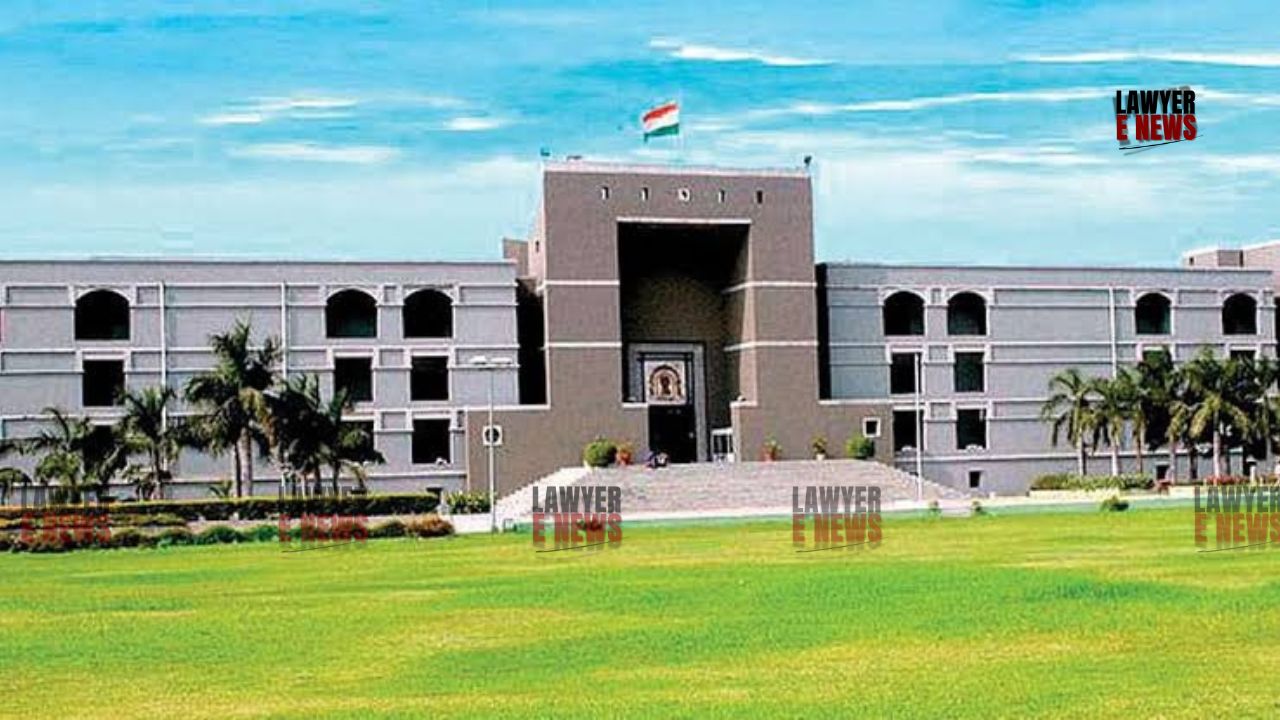-
by Admin
17 February 2026 2:34 PM



Notice refers to JM Balanced Fund, Petitioner never invested in it — There is no live link between material and alleged escapement — Gujarat High Court rebukes Revenue for mechanical reassessment notice. High Court, comprising Justice Bhargav D. Karia and Justice D.N. Ray, delivered a notable ruling in Pranav Ramesh Parikh vs. Deputy Commissioner of Income Tax, quashing reassessment proceedings initiated under Section 148 of the Income Tax Act, 1961. The Court held that the Revenue’s attempt to reopen the petitioner’s assessment was based on “factually incorrect assumptions” and lacked the essential “live link” required by law between the information received and the petitioner’s actual transactions.
The Revenue alleged that the petitioner indulged in sham transactions involving the JM Balanced Fund-Annual Dividend Option Regular Plan, leading to artificial capital loss. However, the Court categorically found that the petitioner had never dealt in the JM Balanced Fund but had transacted only in JM Equity Hybrid Fund, which was not even part of the Revenue’s allegation.
The Court, in strong words, held, “Perusal of the record shows that there is no reference to JM Balanced Fund as alleged by the Assessing Officer. The transactions pertain only to JM Equity Hybrid Fund, whereas the entire case of the department is based on JM Balanced Fund.”
The petitioner contended that the reopening was initiated without even supplying the documents relied upon by the Revenue, despite repeated requests. The Court accepted this grievance noting, “Petitioner was denied access to crucial material used against him, violating the principles of natural justice.”
Relying on the Bombay High Court’s ruling in Karan Maheshwari vs. ACIT, where similar allegations based on JM Balanced Fund were quashed, the Court reaffirmed that reopening of assessment must be supported by “tangible material” which is linked to the assessee’s own case. Justice Karia observed, “It is settled law that the reasons for reopening must have a rational connection with or relevant bearing on the formation of belief... The link is entirely missing here.”
The Court also stressed that mere allegations of “sham transactions” by the fund house (JM Financial) cannot automatically implicate innocent investors unless there is specific material demonstrating the investor’s knowledge and participation in such acts.
Quoting from Lakhmani Mewal Das, the Court reiterated, “It is not any and every material, however vague or remote, which would justify the belief of escapement of income. The live link or close nexus is mandatory.”
Finally, quashing the reassessment notice, the Court held, “The impugned notice and consequential order are without jurisdiction and in breach of settled principles of law.”
Date of Decision: 25.03.2025
